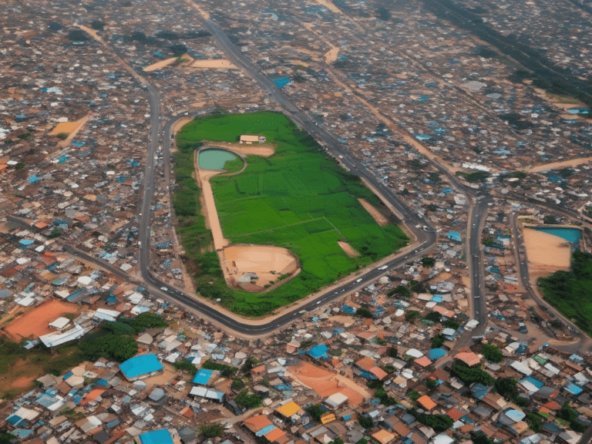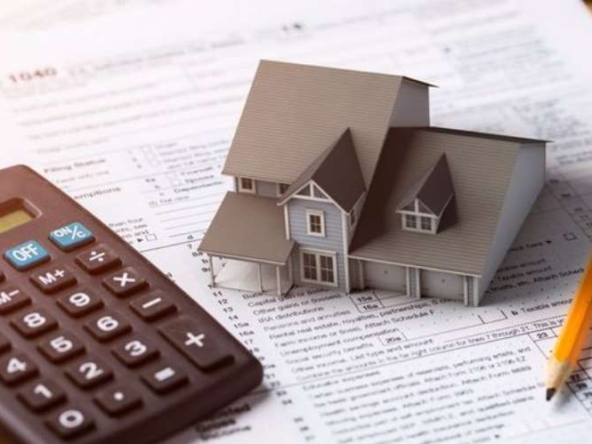Real estate is an important sector of the Ghanaian economy and has seen significant growth in recent years. The demand for real estate in Ghana is driven by the country’s rapid urbanization and population growth. Additionally, there has been an increase in foreign investment in the sector, particularly in the luxury and high-end residential market.
According to data from the Ghana Real Estate Developers Association (GREDA), the sector contributes about 10% to Ghana’s Gross Domestic Product (GDP) and is expected to continue to grow in the coming years. Additionally, there has been an increase in the development of commercial properties, such as office and retail space, to meet the needs of the growing economy.
However, there are still challenges in the real estate sector, including limited access to financing for developers and homebuyers, high construction costs, and a lack of clear land tenure systems. Additionally, there are concerns about the sustainability of the growth in the luxury real estate market, given the high levels of inequality in the country.
Altogether, the housing situation in Ghana is complex and multifaceted. While there have been some improvements in recent years, the country still faces a significant housing deficit, of up to 2 million units, as discussed in a recent article by Michael O’Grantson-Agyapong, CEO of SuCasa Properties, a highly regarded real estate company in the country. This deficit is a result of a combination of factors, including rapid urbanization, population growth, and inadequate investment in the housing sector.
In addition to the housing deficit, many Ghanaians live in inadequate and overcrowded housing conditions. According to the Ghana Statistical Service, as of 2018, over 53% of households in urban areas lived in single rooms, while 29% lived in compounds with shared facilities.
The Government of Ghana has taken steps to address the housing deficit, including the creation of the National Housing Policy in 2015, which aims to increase the supply of affordable housing and improve the overall housing sector. Additionally, there have been efforts to encourage private sector investment in housing, such as tax incentives for developers.
Despite these efforts, challenges remain, including limited access to financing, land tenure issues, and a lack of coordination between government agencies and stakeholders in the housing sector. As such, there is still much work to be done to improve the housing situation in Ghana.
Overall, while the real estate sector in Ghana has seen growth and development, there is still much work to be done to ensure that it is sustainable and inclusive, and that all Ghanaians have access to adequate housing.
Source: https://marcopolis.net/ghana-real-estate-sector-discussing-the-complex-and-multifaceted-housing-situation-in-ghana.htm





